Yemeni naval forces strike US, British vessels in show of support for Palestinians
The spokesman for the Yemeni Armed Forces says the country’s naval units have conducted two operations against US and British vessels off the nation's coast, underscoring their support for Palestinians in the Gaza Strip amidst intensified Israeli attacks.
Speaking at a televised press briefing broadcast live from the Yemeni capital city of Sana’a on Tuesday, Brigadier General Yahya Saree said the country’s forces struck the US-owned Star Nasia bulk carrier and British Morning Tide general cargo ship in the Red Sea.
He noted that both ships were struck with “appropriate” naval missiles.
Saree went on to note that the missile attacks came in support of the oppressed Palestinian population in Gaza and in response to joint American-British aggression against Yemen.
He underscored that all US and British warships in the Red Sea and the Arab Sea are legitimate targets for Yemenis within the legitimate right to respond to any act of aggression, defend their homeland and nation, and in reaffirmation of their staunch support of Palestine.
The senior Yemeni military figure also emphasized that his country’s military will continue its anti-Israel operations until the Tel Aviv regime halts its onslaught against Gaza and lifts all restrictions on supplies of humanitarian aid for its residents.
Yemenis have declared their open support for Palestine’s struggle against the Israeli occupation since the regime launched a devastating war on Gaza on October 7 after the territory’s Palestinian resistance movements carried out a surprise retaliatory attack, dubbed Operation Al-Aqsa Storm, against the occupying entity.
Yemeni Armed Forces have said that they won’t stop their attacks until unrelenting Israeli ground and aerial offensives in Gaza, which have killed at least 27,585 people and wounded another 67,000 individuals, come to an end.
Leader of the Ansarullah resistance movement, Abdul-Malik al-Houthi, has said that it is “a great honor and blessing to be confronting America directly.”
The attacks have forced some of the world’s biggest shipping and oil companies to suspend transit through one of the world’s most important maritime trade routes. Tankers are instead adding thousands of miles to international shipping routes by sailing around the continent of Africa rather than going through the Suez Canal.

Israel launches drone strikes on several sites in southern Syria
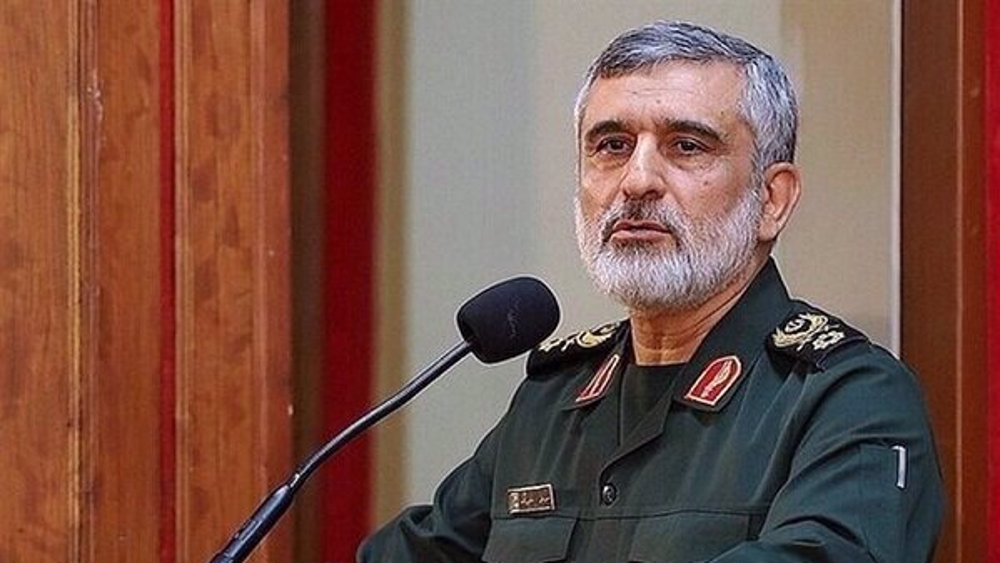
IRGC commander: Third operation against Israel will be carried out
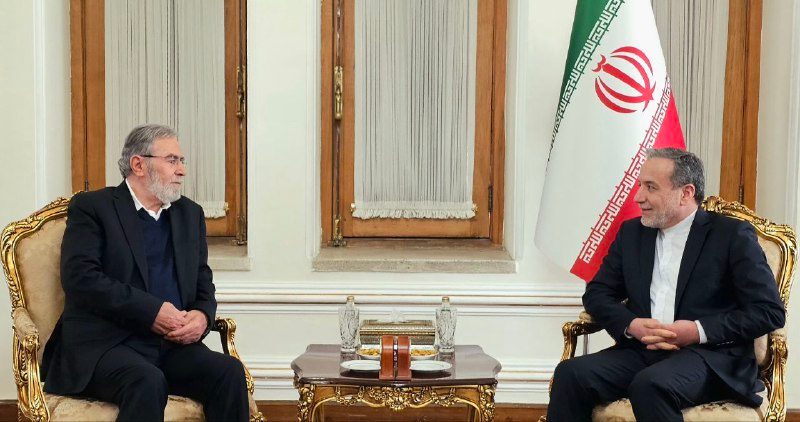
Israel achieved none of its war objectives in Gaza: Iran FM
US special envoy in Kiev amid war of words between Trump, Zelensky
Hamas says ready to free all Israeli captives at once in phase two of truce
Israel kills one, injures two in southern Lebanon: Media
‘Colonial powers’ have no right to determine fate of Palestine: Qalibaf
Explainer: Why are MK-84 2,000-lb bombs approved by Trump for Israel so deadly?
President Pezeshkian: Iran, Qatar opening new avenues for cooperation
VIDEO | Displaced return home despite destruction
IRGC unveils new homegrown smart missiles, drones drill







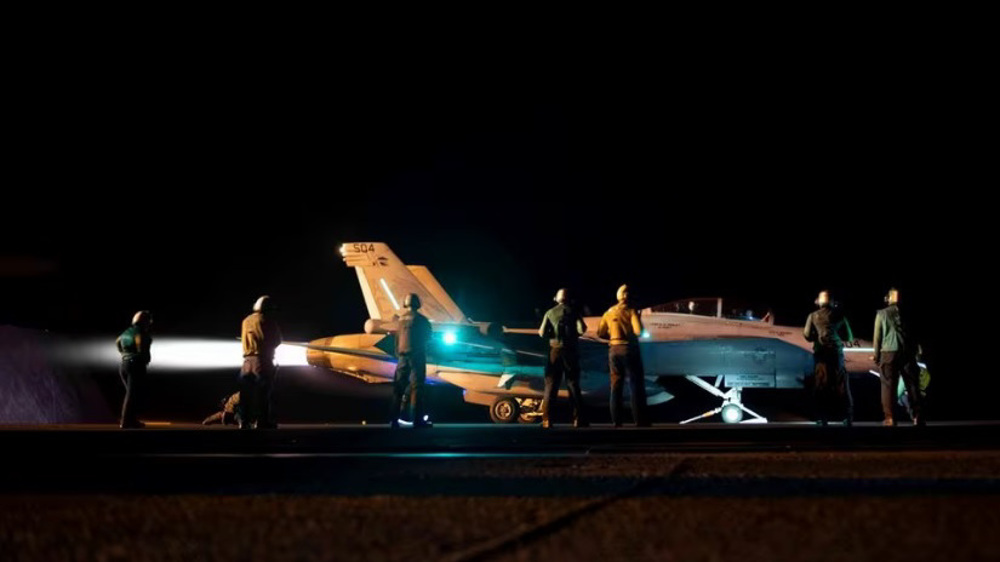
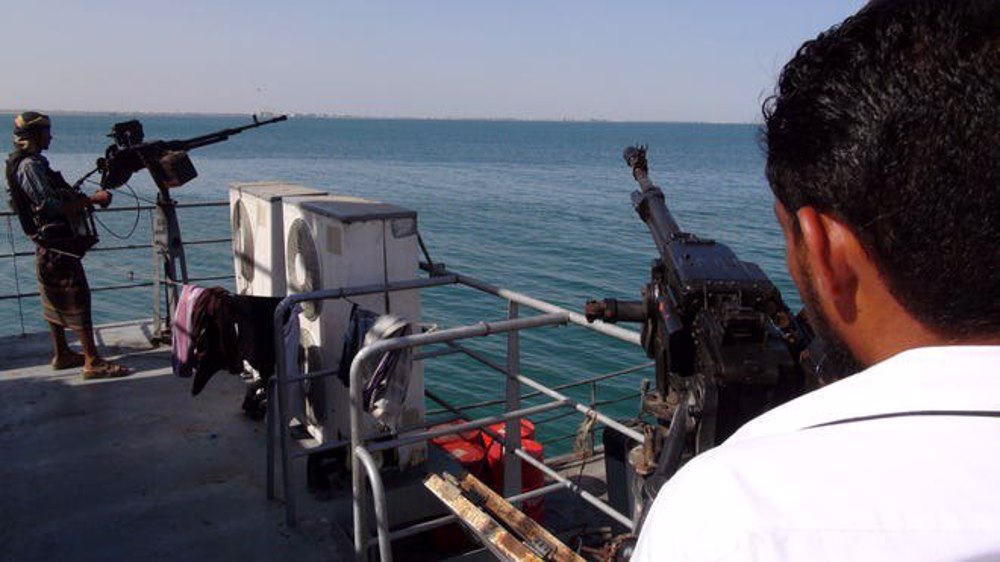
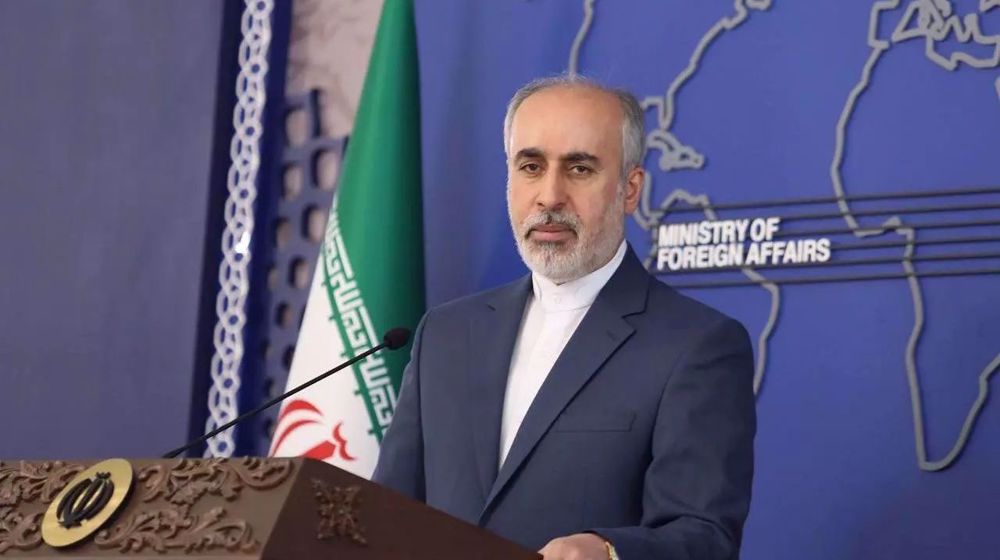
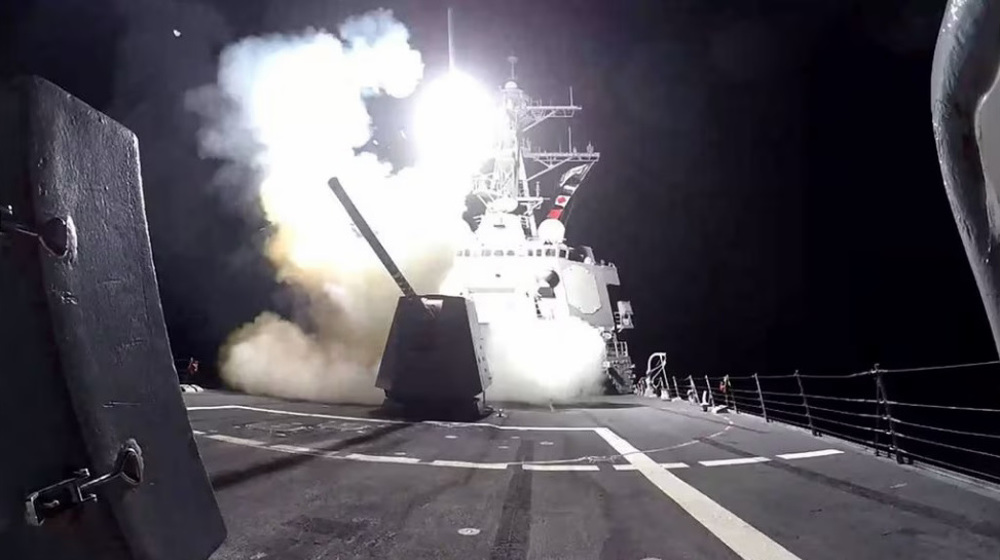
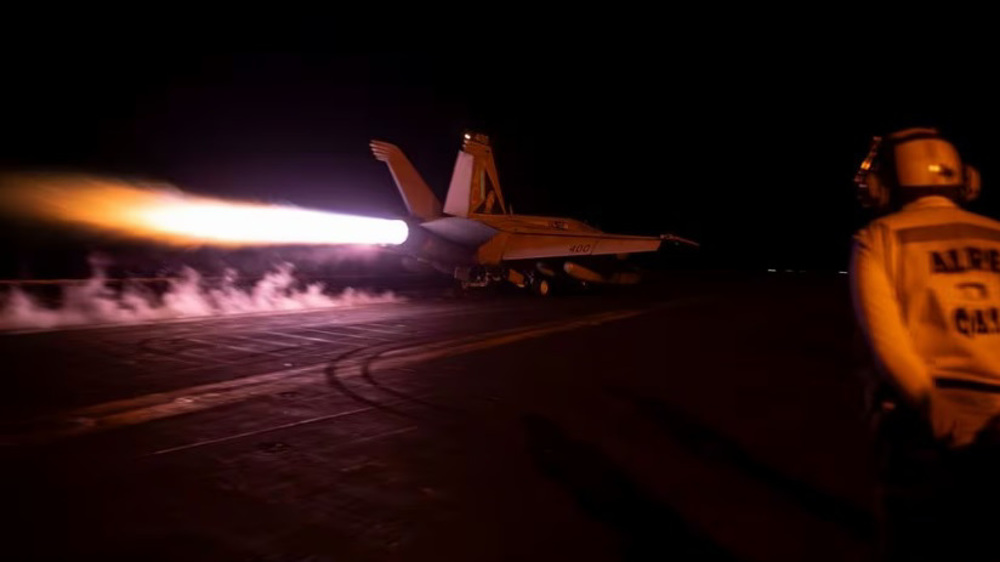

 This makes it easy to access the Press TV website
This makes it easy to access the Press TV website